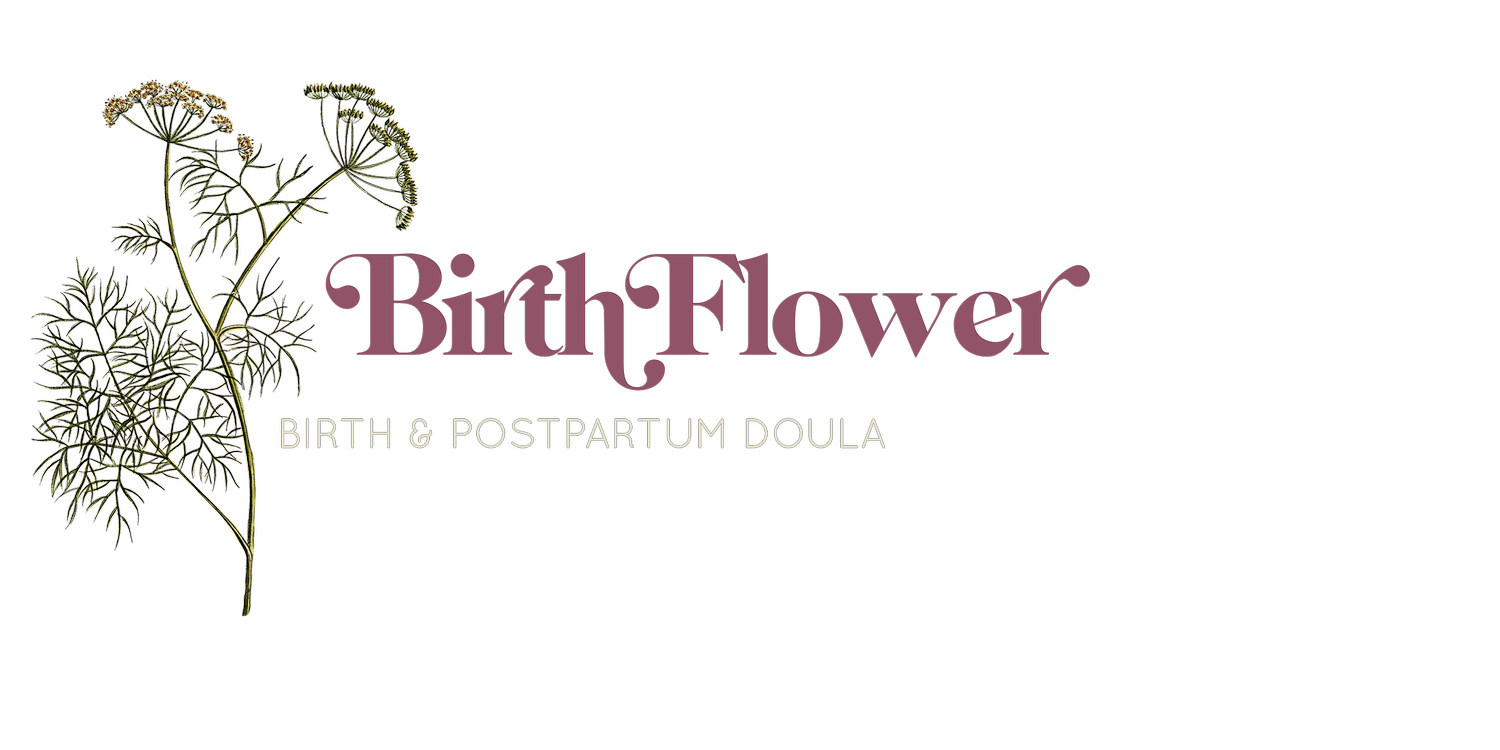After birth: Hormones and the Baby Blues
After birthing a baby, your emotions and hormones are running wild. You may feel exhilarated, calm, relieved, proud, sad, tired, blissed out, stressed or worried - and most likely, a combination of all.
Your body, also, may be behaving in ways different to your norm. It's very common for women to be in tune with every change in their body whilst pregnant, but to be somewhat blindsided once the baby has arrived with how their body is responding to it's new state.
It can come as a shock, especially if you feel positively about your pregnancy and birth experience, to suddenly feel low and different to how you expected.
It is helpful to know the details of how your body works in the time immediately after birth, so you can understand why you may be feeling the way you do.
HORMONES
The hormones that your body has been utilising in high amounts throughout your pregnancy and labour - helping your growing baby to thrive, kickstarting their organ growth and development, giving you healthy hair and skin; preparing your body for labour, and assisting the baby to be born - well, the levels shift drastically after your baby is born. These shifts make your body and mind behave in certain ways.
Estrogen and progesterone, the hormones that started off the growth of your baby and developed their organs, are very high during pregnancy. After the birth, they drop dramatically, and this sudden drop contributes to feeling sad, weepy, unsure, anxious and moody - and we have a term for this - the Baby Blues. (see more below).
Oxytocin, the love and bonding hormone, has helped your body to labour and opened the cervix for your baby to be born. After birth, oxytocin floods your system, allowing you to bond with your baby and triggering milk flow. It's a tricky one, because oxytocin is so necessary in the early days with your baby - it is responsible for the "mothering instinct" - and yet it can also be tough. You may feel very protective and proud, but it can also give you feelings of anxiety and worry. Progesterone would be helpful here, to bring calm, but at the moment it's too low. This can make the anxiety feel strong.
Relaxin has assisted your body in accommodating your growing baby and prepared your body to be in it's ideal state for birth. It relaxes your joints and muscles and allows them to stretch and shift (particularly your hips and pelvis). After birth, relaxin is still present in the body, so your muscles and joints will still feel "soft". You may feel pain in your joints and feel unsteady or achy in your movements. Your shoes might not fit :)
Prolactin kicks in as soon as you give birth, and promotes blood flow to the breasts and milk production. It will make your breasts bigger than they were during pregnancy, and they may feel hard and sore (engorged) in the first few days as they regulate to feed your baby.
THE BABY BLUES
The Baby Blues occur in 4 out of 5 women - 80% - and last for up to two weeks post birth. You may feel teary, moody, irritable, and sad. You might feel overwhelmed in your new role, and believe that you are not doing a good enough job caring for your new baby. You might have difficulty sleeping or eating, and making decisions may seem impossibly hard.
The Baby Blues are very normal. It's ok to feel this way. It's an easy time for you to start feeling guilty, and so it can help to know that it's a hormonal process. Acknowledging that "wow, my hormones are really throwing me for a loop" - rather than placing blame on yourself or feeling guilty - might help you to get through this time.
... and if you're still feeling down, anxious, numb or just off after this time? You might be dealing with the beginning of Postpartum Depression or Postpartum Anxiety. Please read my PPD/PPA post to arm yourself with the knowledge, and there's links to some very helpful resources too.

